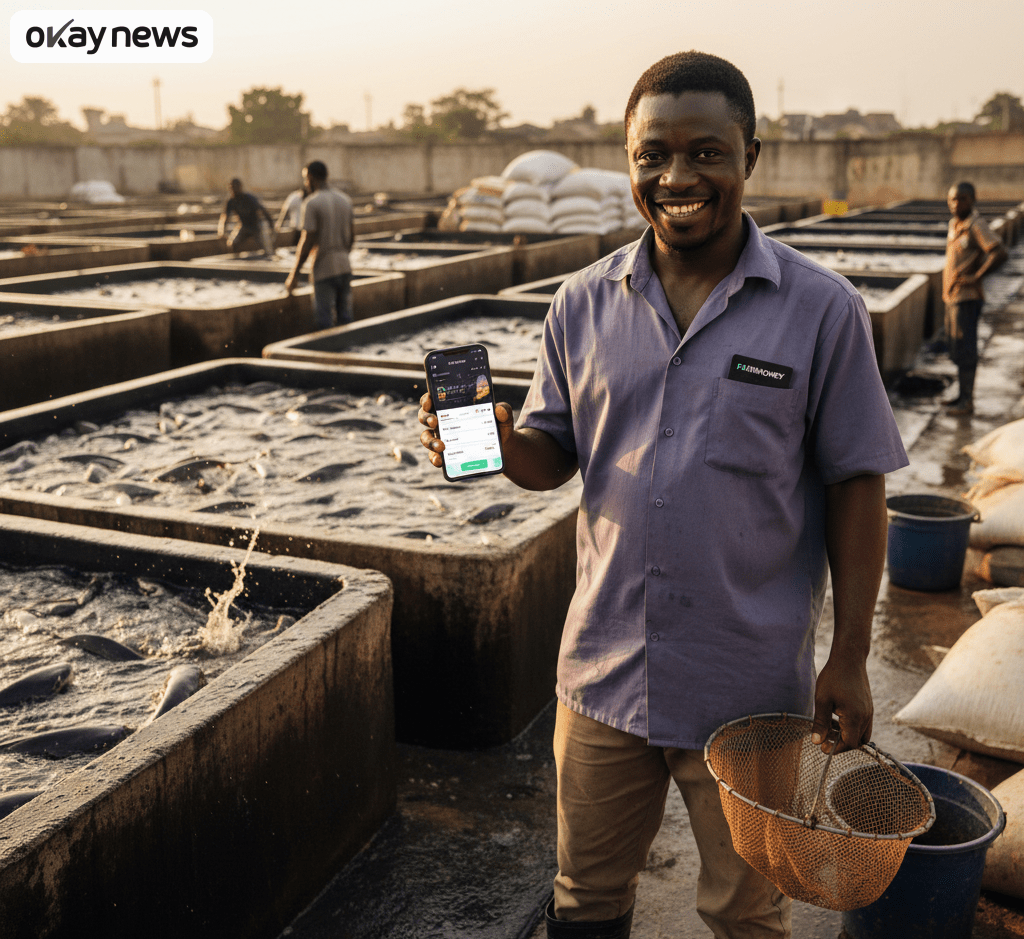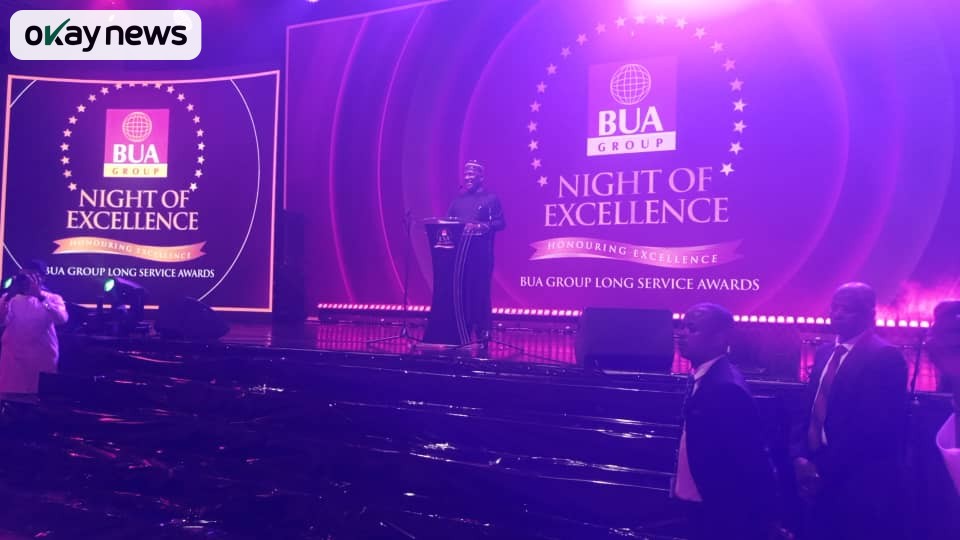Every day, they walk the alleys of markets, sweep through backstreets, and sort through piles of plastic in Nigeria’s busiest cities. Plastic waste workers are often unseen and unheard, despite playing a vital role in the country’s waste recovery system. Now, Nestlé Nigeria is changing that narrative by placing these workers at the center of a powerful transformation.
In July 2025, the company launched a comprehensive Safety, Health, and Environment (SHE) Training Program that empowered 100 plastic waste workers in Lagos and Abuja with professional skills, protective gear, and renewed visibility in the recycling ecosystem.
The initiative, delivered in partnership with the National Environmental Standards and Regulations Enforcement Agency (NESREA), the Recyclers Association of Nigeria (RAN), and the Food Beverage Recycling Alliance (FBRA), was created to improve safety standards, enhance productivity, and promote social inclusion within the circular economy.
Participants were trained on essential topics including occupational health practices, fire prevention, safe handling of recyclable materials, and the correct use of Personal Protective Equipment (PPE). In addition to the training, each worker received a full PPE kit, ensuring safer and healthier work environments across collection sites.
Speaking at the opening ceremony in Abuja, Victoria Uwadoka, Corporate Communications, Public Affairs, and Sustainability Lead at Nestlé Nigeria, explained the deeper purpose of the program.
“At Nestlé, we are committed to building a waste-free future, but we also understand that progress must be inclusive. Plastic waste workers are the backbone of our recycling value chain. This training is not just about safety. It is about empowerment, respect, and giving these individuals the tools to thrive in a changing world,” she said.
Her message was echoed by Professor Innocent Barikor, Director General of NESREA, who applauded Nestlé’s decision to prioritize the health and safety of a group too often neglected in policy conversations.
“Waste workers may be uncelebrated, but they are essential to our environmental response as a nation. Nestlé’s investment in their well-being sets a new benchmark for what corporate environmental responsibility should look like,” he said.
The SHE training was facilitated by ImpactCrest Consulting and brought together stakeholders from both federal and state-level institutions. Representatives from the Ministries of Environment, Trade and Investment, and top officials from NESREA and RAN were in attendance, reinforcing the broad institutional support for the project.
In Lagos, Engr. Mayowa Elefin, Managing Director of Maladase Ecopreneur Management Company, described the training as a game-changer for his staff.
“This training has equipped our team with practical knowledge that will protect lives and increase efficiency. It has already started reshaping how we work and how we view our role in the ecosystem,” he said.
What makes this initiative especially significant is its focus on dignity. In a system where waste work is often informal and undervalued, Nestlé’s training program sends a clear message: every person in the sustainability chain matters.
The company’s continued commitment to supporting informal workers reflects a larger strategy of shared value, where environmental progress and human development go hand in hand.
By upskilling workers who operate at the base of the waste pyramid, Nestlé Nigeria is not only improving the quality of life for individuals and families, but also strengthening Nigeria’s ability to manage plastic waste at scale.
This program is one of several being implemented under Nestlé’s broader sustainability agenda, which includes community cleanups, plastics recovery partnerships, employee recycling schemes, and multi-stakeholder collaborations across the country.
As the world searches for solutions to the plastics crisis, the story coming out of Lagos and Abuja offers a powerful example. True sustainability begins when no one is left behind.







